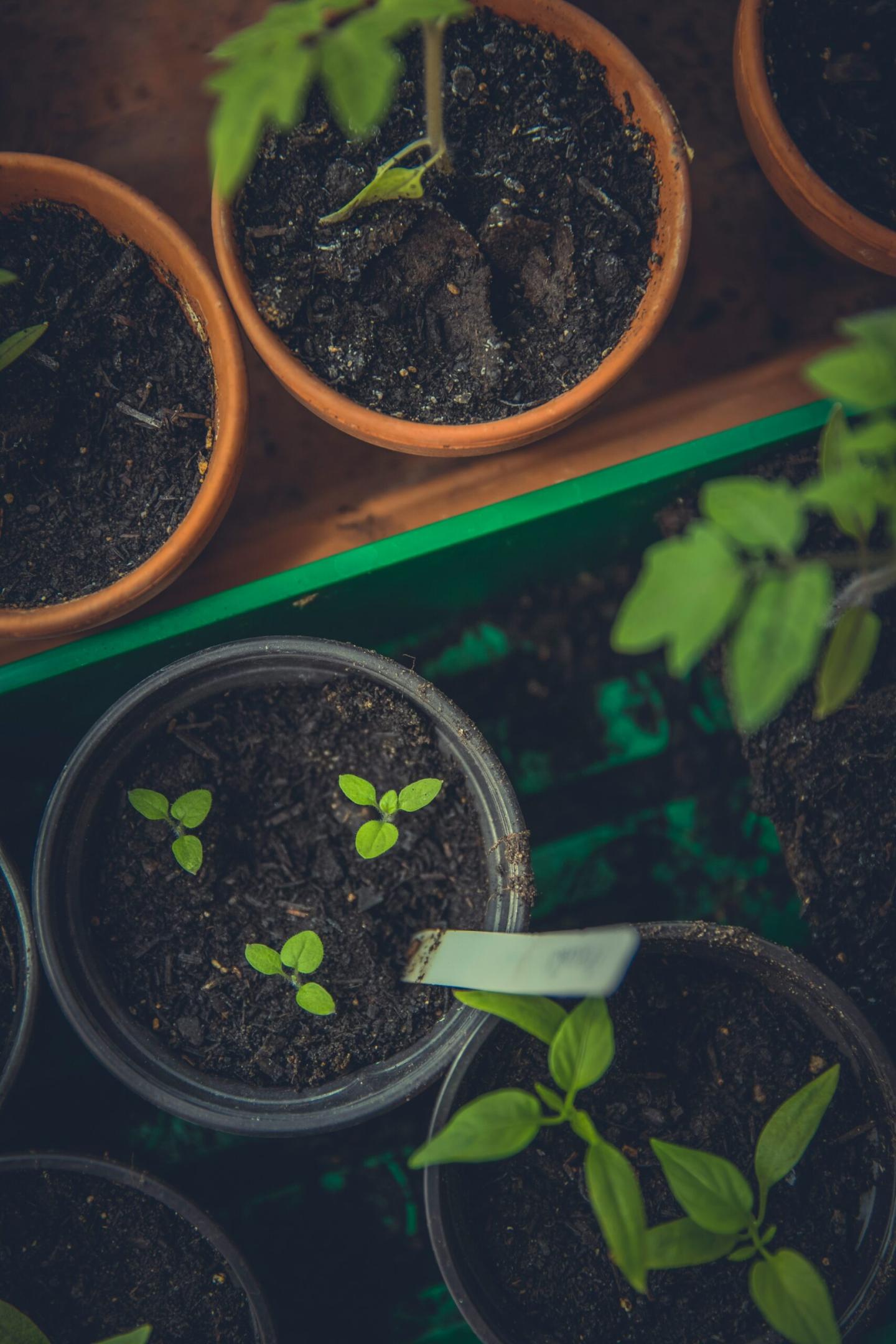

Gardening can be a rewarding and enjoyable hobby, but beginners often encounter common pitfalls that can hinder their success. To help you get started on the right foot, here are the top 10 gardening mistakes and, more importantly, how to avoid them.
One of the most frequent mistakes new gardeners make is selecting an unsuitable location. For best results, choose a spot that receives at least six to eight hours of direct sunlight. Additionally, consider factors such as soil drainage and wind exposure, as these can greatly impact plant health.
Watering is essential, yet many beginners either overwater or underwater their plants. To maintain the right balance, always check the soil moisture before watering. If the top inch of soil is dry, it’s time to water. However, avoid drenching the plants, as excessive moisture can lead to root rot.
Although it may be tempting to maximize space, planting too closely can cause overcrowding. As a result, plants will compete for nutrients, water, and sunlight. To prevent this, always follow the recommended spacing guidelines on seed packets or plant tags.
Many new gardeners overlook the importance of soil quality. Since plants rely on nutrient-rich soil to grow, conducting a soil test can help determine if any amendments are needed. Adding compost or organic matter can significantly improve soil fertility and structure.
Mulching is an easy yet often ignored step in gardening. Not only does it help retain moisture, but it also suppresses weeds and regulates soil temperature. Be sure to apply a layer of organic mulch, such as wood chips or straw, around your plants for better results.
Timing is crucial in gardening. Planting too early or too late can lead to poor germination or frost damage. Always research the best planting seasons for your specific region and follow the recommended planting schedule.
Weeds can quickly take over a garden if not managed properly. They compete with plants for nutrients and water, reducing overall yields. To keep them under control, make weeding a regular part of your routine and consider using mulch to prevent weed growth.
Crop rotation is vital for maintaining soil health and preventing pest infestations. If the same crops are grown in the same spot each year, nutrient depletion and soil-borne diseases become more likely. Instead, rotate your crops annually to keep your garden thriving.
Fertilizer is beneficial, but using too much can harm plants, while using too little may result in poor growth. Therefore, it’s essential to understand your plants’ specific nutrient needs. Start with a balanced fertilizer and adjust based on plant response and soil conditions.
Every plant has different requirements for light, water, and soil conditions. A common mistake beginners make is assuming that all plants need the same care. Before planting, take the time to research each plant’s needs to ensure optimal growth.
Avoiding these common mistakes will help you build a thriving, healthy garden with less frustration. Whether you’re starting with raised garden beds, container gardening, or a traditional plot, proper planning and care will ensure a rewarding experience.
For more gardening tips, raised bed solutions, and expert advice, visit our BMP Garden blog or follow us on Facebook and Instagram!
